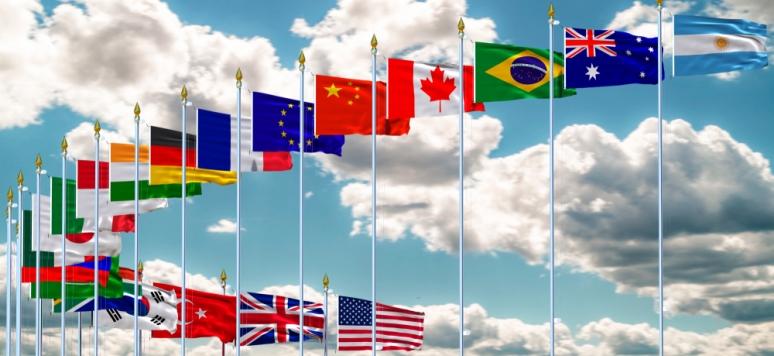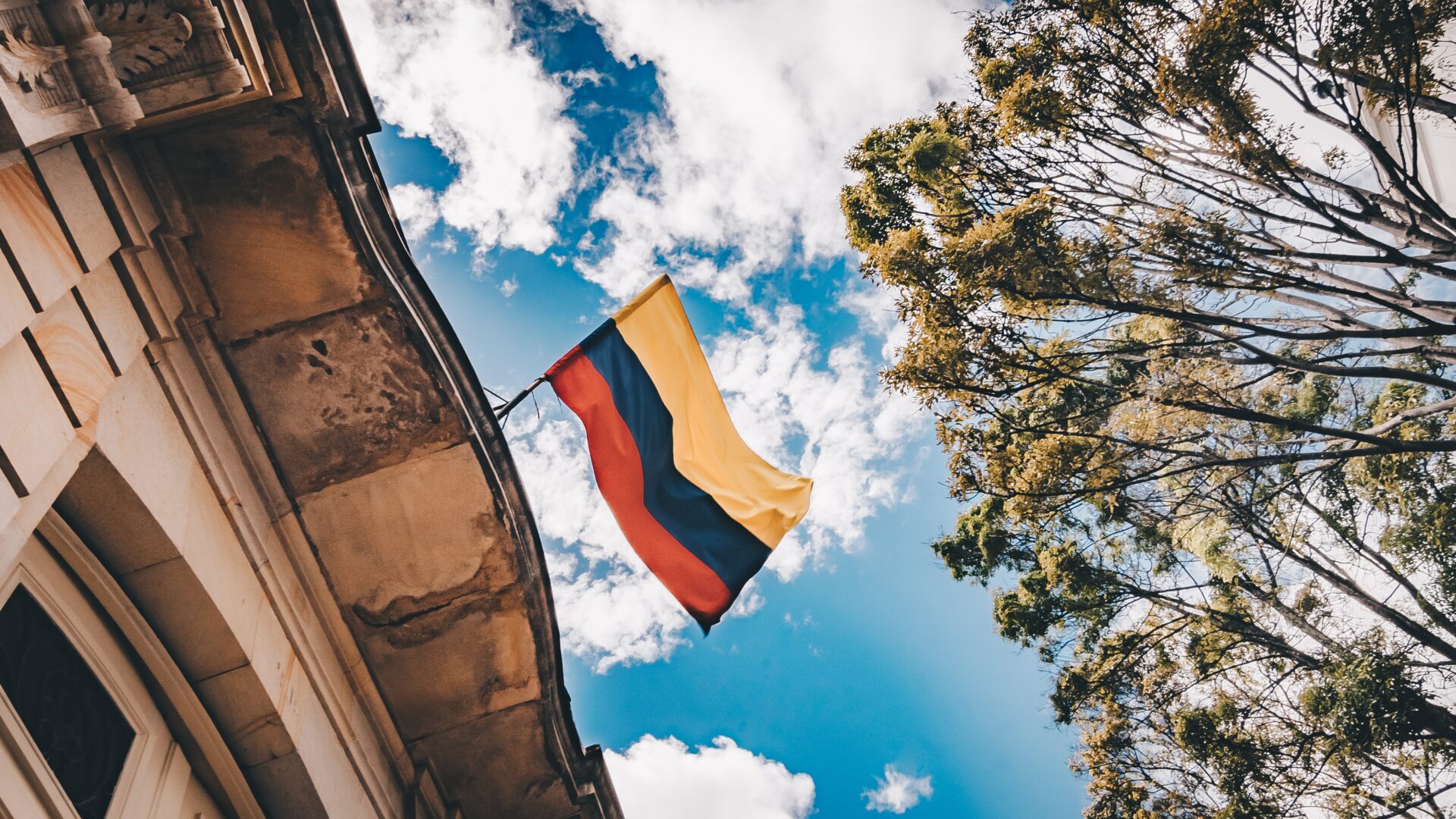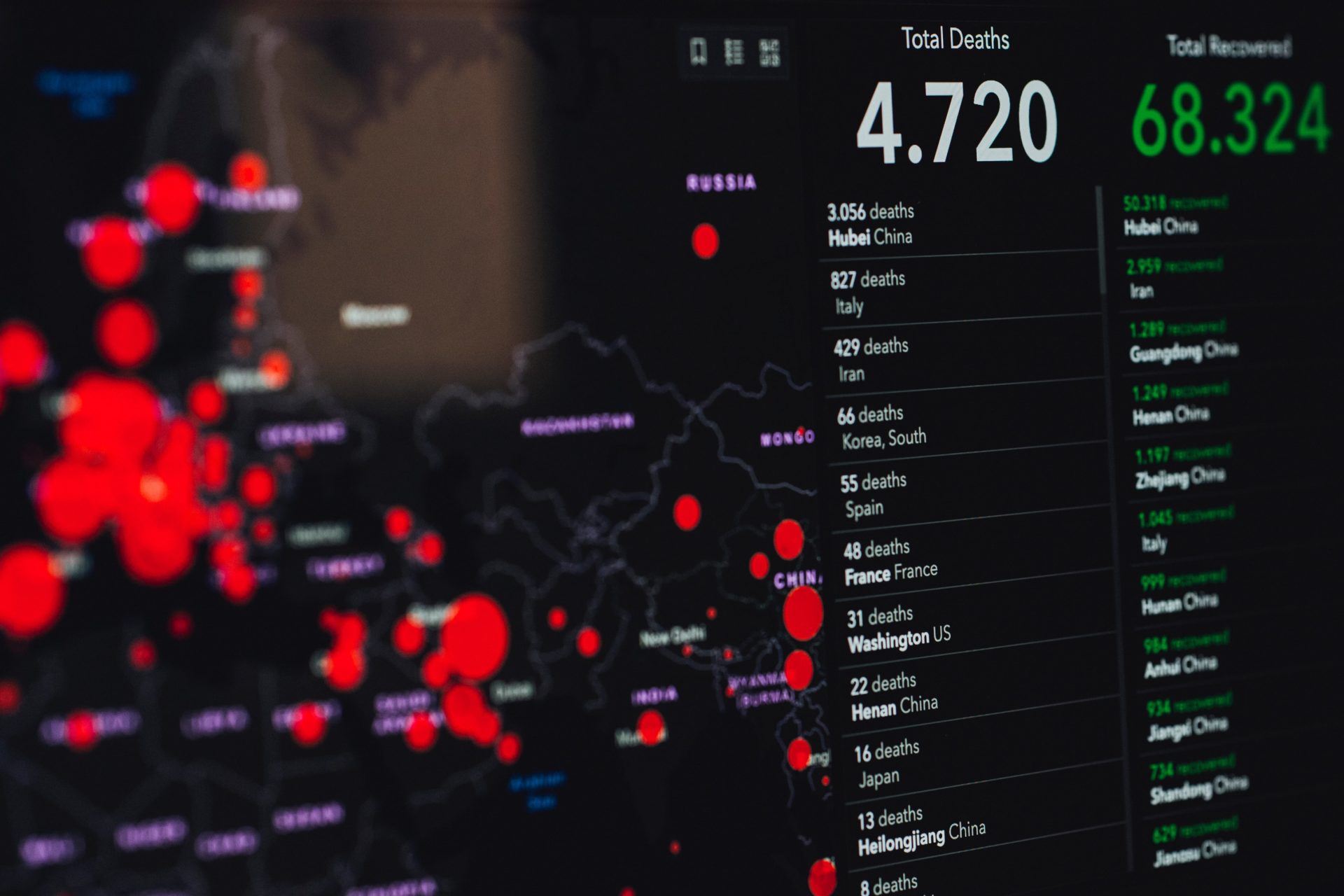Multilateralism now more important than ever before
People—and by extension—countries have often been at war with one another for various reasons. But it is cooperation that has kept the world running. Following the Second World War, the United Nations (UN) and the Bretton Woods institutions have been the pillars of cooperation and multilateralism in the world.
The UN was founded in 1945, right after the Second World War, ratified by 51 countries – ensuring that international peace and order is maintained to not end up in the throes of another world war. A year before that the Bretton Woods institutions—namely the World Bank and the IMF—were formed to rebuild the battered postwar economy and promote international economic cooperation. Over the years, other such organisations were formed at the global as well as regional levels (such as the European Union, Association of Southeast Asian Nations and the like).
These institutions occupied pride of place in the global system, which was largely characterised by cooperation and collaboration. Things, however, turned south with the Great Recession – a grim outcome of the 2008 Global Financial Crisis, which led to growing inequalities due to sharp increases in unemployment rates in the world. The global economy suffered a loss of more than US$2 trillion, resulting in global outcry against financialisaton and worryingly, globalisation and multilateralism. It resulted in political change among electorates in many countries in the West, resulting in the elections of governments that were not averse to the idea of withdrawing from the global system.
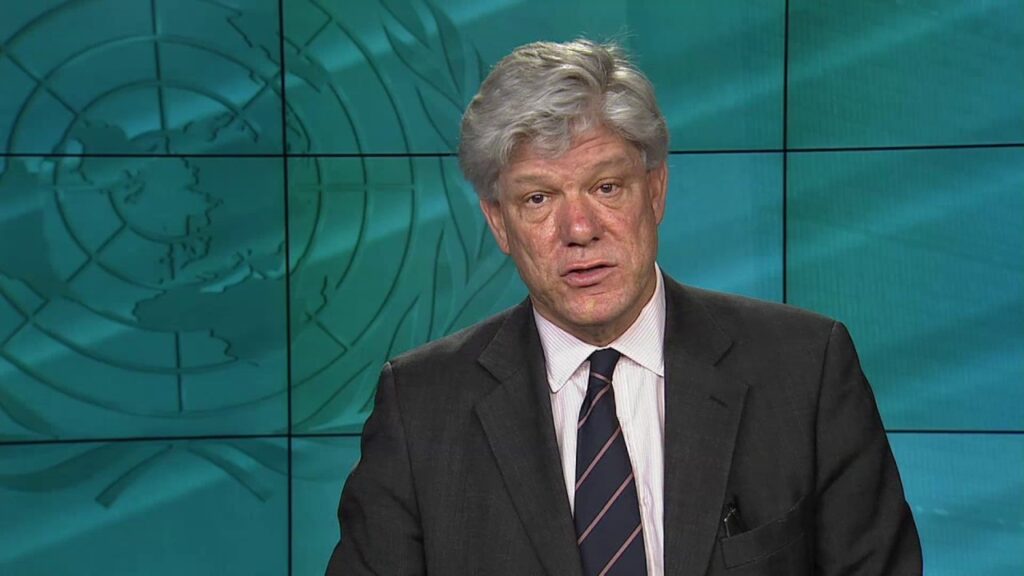
Fabrizio Hochschild, Under-Secretary General, Special Adviser on Preparations for 75th United Nations Anniversary, United Nations
COVID responses
At the start of 2020, the world witnessed the spread of a new strain of coronavirus that has now engulfed all the countries in the world, infecting more than 12.5 million people and killing more than half a million. Worryingly, the number of infections and casualties don’t show signs of stabilising.
Although a global crisis, countries decided to look inwards rather than collaborating with one another. The primal desire was to defend one’s own interest, with complete disregard for what may be happening elsewhere. In the process, countries actively sealed their borders – imposing travel bans to avoid any pilferage of COVID-19 cases from outside. Trade restrictions were also imposed on essential items such as medicines and medical equipments to ensure enough remains for individual countries to use. There was very little cooperation even in trying to find solutions or a potential vaccine or cure for the virus.
This was a moment when the world needed the opposite.
International trading agreements keep the wheels of economy running and have also led to millions being lifted from poverty. Trade with little to no barriers is the very basic foundation to international economic and geopolitical cooperation. But in a sort of a knee-jerk reaction, trading countries imposed extended lockdowns without finding the need to consult each other or at times even their health ministries.
Countries’ leaderships displayed short-sightedness as all sought to deliver domestically, forgetting in the process that no country exists in a vacuum. Stopping trade meant disrupting the supply of essential commodities, which led to price hikes of such commodities in home countries.
But we still don’t know when travel bans will be lifted, and when a cure or a vaccine will be found. In our pursuit of short-term goals, we have let go of the big picture. Multilateralism lends itself well to that big picture – one of shared prosperity.
A global pandemic such as this should have brought countries together, but the current behavior of certain countries portrays an internal approach to weather this storm. This will not work as we cannot have local solutions to what is a global challenge. Whether we like it or not, our futures are intertwined.
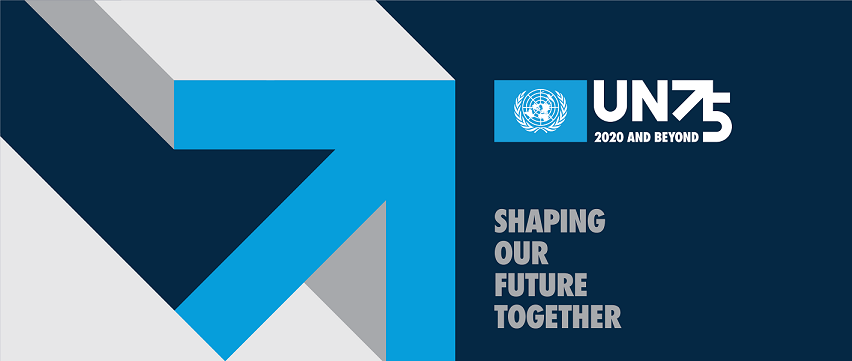
Coming together with Horasis
The whole idea of multilateralism stands on the cusp of collapse, and Horasis believes that is a worrying sign for the world. Horasis is also of the strong belief that cooperation rather than unilateral decisions can help us overcome a crisis of this magnitude. Or other global crises such as the challenge of climate change and global warming, growing socio-economic inequalities and global migration.
Horasis understands the importance of multilateralism and is committed to providing a platform for dialogue, deliberation, collaboration and cooperation among countries, businesses and people.
To this effect we are organising the next Horasis Extraordinary Meeting to be held on 1 October 2020. Keeping social distancing norms intact, this will be a digital event which will be aired live using a new ground-breaking digital conferencing platform managed by Run The World.
The event will focus on a number of themes, with multilateralism lying at the core of most. This is appropriate not only because it is the need of the hour, but also because this is the year the UN is celebrating its 75th anniversary. The event will see Fabrizio Hochschild, Under-Secretary General of the UN, chairing a panel on multilateralism in time of COVID-19, helping us delve deeper into the importance of multilateralism and its many facets.
The UN has been the central pillar in our global system since 1945 and its role is vital today than ever before. The UN has responded to COVID-19 in several ways; (i) it is helping governments frame policy briefs to sustainably counter the impacts of COVID-19; (ii) it has developed a Response and Recovery Trust Fund to help the affected and vulnerable of the society; and (iii) also taken steps to ensure women’s lives and livelihoods are protected amidst all the uncertainty.
The meeting will also bring together many heads of state and sitting ministers in the hope that we can celebrate multilateralism and help in building a sustainable roadmap for our future. The world urgently needs creativity that is born out of international and inter-generational collaboration and collectivism in order to effectively counter the aftermath of the pandemic.
